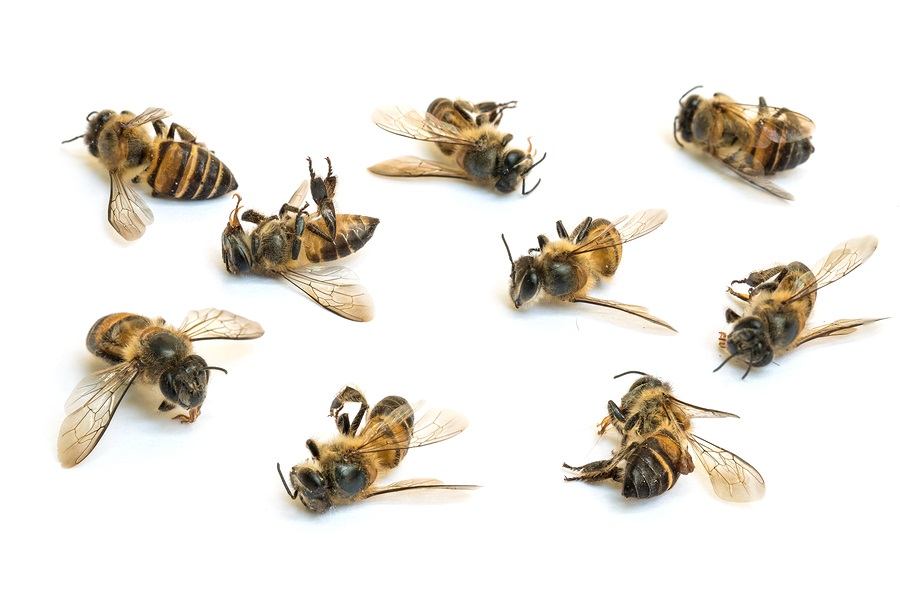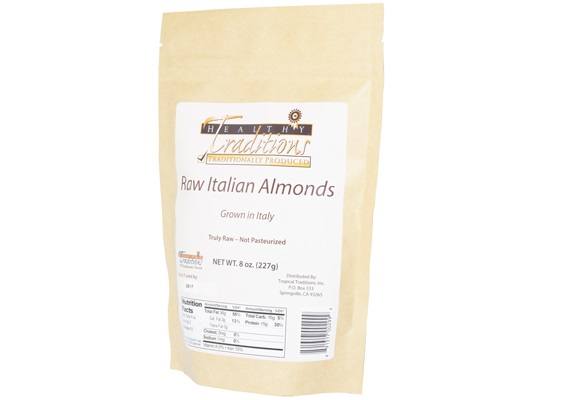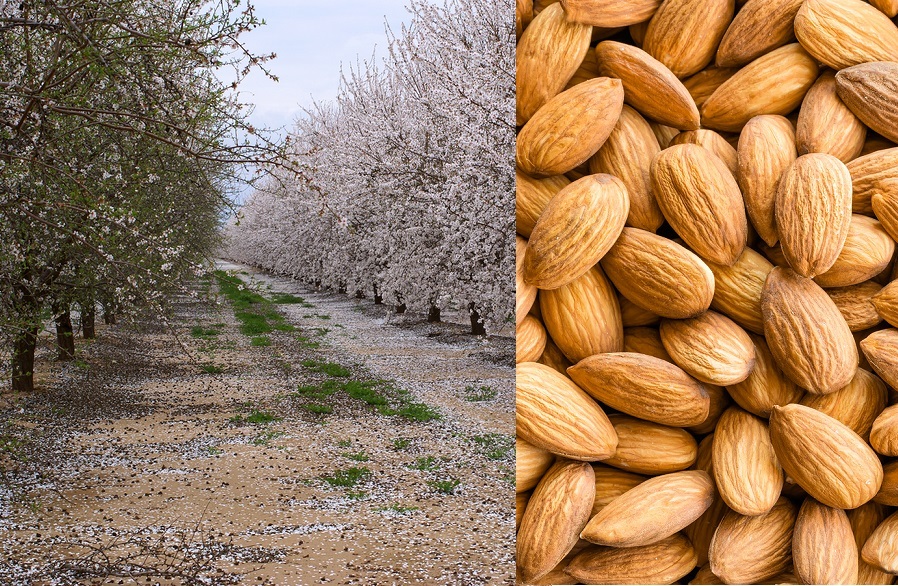USDA Grants License for First-ever Vaccine for Bees – Be Careful Where you Source Your Honey & Almonds!
It's becoming more and more obvious that the U.S. Government's answers for almost all health issues now are new vaccines. Dalan Animal Health announced this week that the U.S. Department of Agriculture granted them a conditional license for the first-ever vaccine for bees. “Our vaccine is a breakthrough in protecting honeybees,” Dalan CEO Dr. Annette Kleiser said in a statement, suggesting it might “change how we care for insects, impacting food production on a global scale.” California accounts for almost half of all the US honeybee colonies, due to the high demand of the almond industry. Almond plantations in the state’s central valley provide an estimated 80% of the world’s supply, and require up to 30,000 colonies to be shipped there by truck every year during pollination season. The concentration has a downside, as bees can get poisoned by pesticides or catch infections from other swarms, requiring apiaries to destroy millions of insects rather than sending them back. Honey is one of nature’s most perfect and beneficial foods. The documented research on the incredible health benefits of honey is truly astounding. If you type in the search term “honey” in the National Library of Medicine on the NIH Government website, you will get almost 16,000 results from peer-reviewed medical journals. It is the ONLY sweetener on the market that you can purchase that is a complete, whole food, as opposed to granulated sugar which is an extract from either a grass (sugar cane), or from beets (sugar beets). But even before this license by the USDA to allow beekeepers to vaccinate their bees, almost all of the honey sold in North America has been contaminated with the herbicide glyphosate, from RoundUp. My store, Healthy Traditions, is one of the few places one can purchase raw honey that is harvested in the Chilean Andes Mountains and Rain Forests, and tests clean for pesticides and herbicides.






